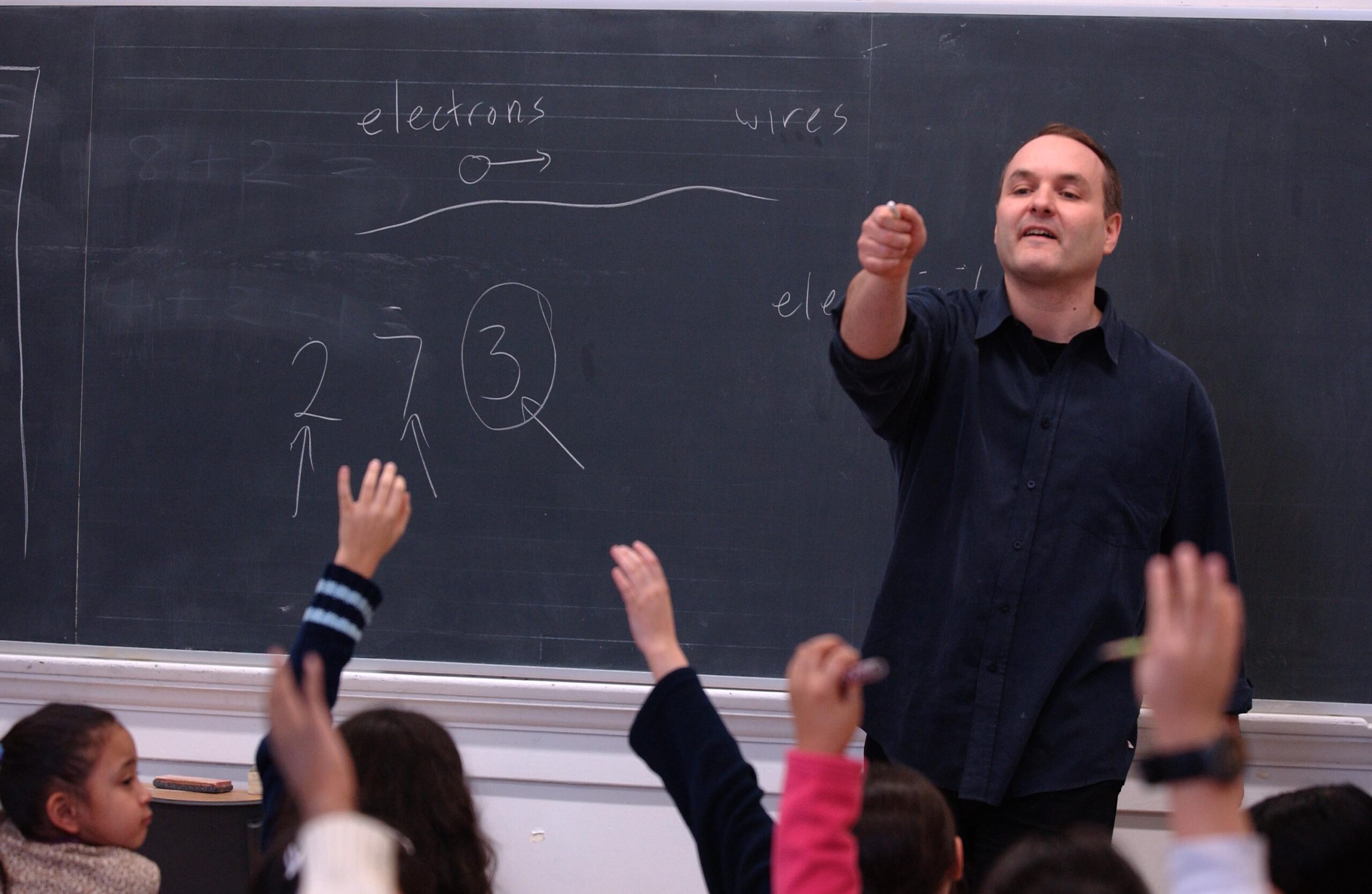[box] The Trico Social EnterPrize is a biennial award celebrating Canada’s social enterprise ‘stars’ – organizations that have reached such heights of best practice, impact and innovation in social enterprise their example can help others navigate their own social impact journey. This blog series provides an update on the journey of some of our previous recipients. [/box]
This journey update involves 2013 Social EnterPrize recipient JUMP Math, and our chat with Scott McMeekin, CEO of JUMP Math. JUMP Math’s mission is to help improve life outcomes for the students it reaches. To do so, it has developed an approach that builds math achievement, while promoting the social and emotional skills that are critical to academic and life success. JUMP Math provides teacher and student resources for Kindergarten to grade 8, and supporting teacher professional development. Although JUMP Math design criteria focus on the needs of students at risk of failure, its resources are used by some of Canada’s most elite private schools, highlighting the fact that all students benefit from excellent pedagogy. Resources are also available for parents to use with their children.
Since the Social EnterPrize award, JUMP Math and Founder John Mighton have been deservedly acknowledged by a wide range of awards. Not surprisingly, JUMP Math achieves an impressive Social Return on Investment (SROI) – Success Markets Inc. calculates a best estimate of $11 of return per dollar invested.
Scott states that:
“In 2018-19, JUMP Math reached over 220,000 students, mostly in Canada, the US and Spain. In Canada, we reached almost 165,000 students, including almost 20% of K-8 students studying in Indigenous communities. We also reached 17,500 students in the US and 32,000 in Spain, and our Spanish licensee is currently conducting a 3,000 student pilot in Chile, with evaluation by MIT’s Jameel Poverty Action Lab and funding from the Inter-American Development Bank.”

Peter Bregg/Maclean’s ©
Locally, JUMP Math was a founding member of the Math Minds partnership and continues to work with the University of Calgary’s Werklund School of Education, the Calgary Catholic school district, and the Golden Hills school division. Math Minds’ ultimate goal is to improve mathematics learning and to understand relationships between mathematics teachers, curricular resources, teacher professional development (PD) and student performance (link to Math Minds conference papers.) Scott explains:
“Math Minds’ research is led by a team from the Werklund School of Education. The focus is on identifying key issues affecting teacher effectiveness, and creating and testing pre- and in-service courses, professional development, and coaching. This is a non-trivial challenge – elementary school teachers must teach every subject, few of them are math specialists and they have limited time available for professional development. Effectiveness and time efficiency are key.”
One issue JUMP Math struggles with is how best to cross the chasm of the adoption curve. At the time of the Social EnterPrize award, JUMP Math was growing classroom by classroom. The fact that it is now engaging at a district level is a huge step forward, which also comes with new challenges. Scott explains:
“Until fairly recently, JUMP Math’s growth has largely relied on word-of-mouth via early adopters – educators who have experienced positive outcomes. Like all organizations that have succeeded in building a solid base of early users, the next crucial challenge is to cross what Geoffrey Moore famously characterized as the “chasm” between early adopters and the more pragmatic later adopters. In fact, innovations in education must cross two adoption chasms; firstly among the senior leaders who make ‘buy’ decisions; then among the teachers who must implement. True impact requires both ‘buy’ and ‘buy-in’. Engaging teachers based on a deep understanding and respect for their needs and motivations is the key to crossing the second chasm and obtaining passionate ‘buy-in’.
Trico Charitable Foundation examines the adoption curve, in general, at more length here.
Looking to the future, JUMP Math is committed to both scaling its reach and continuing to improve the efficacy of its published resources and teacher support offerings. Improving user friendliness is also a key goal. Both earned revenue and philanthropic support have been critical to JUMP Math’s growth. However, despite their impressive record, Scott asserts they have still “just scratched the surface!” Much more could be achieved with additional funding – an ongoing and critical challenge.

Peter Bregg/Maclean’s ©
